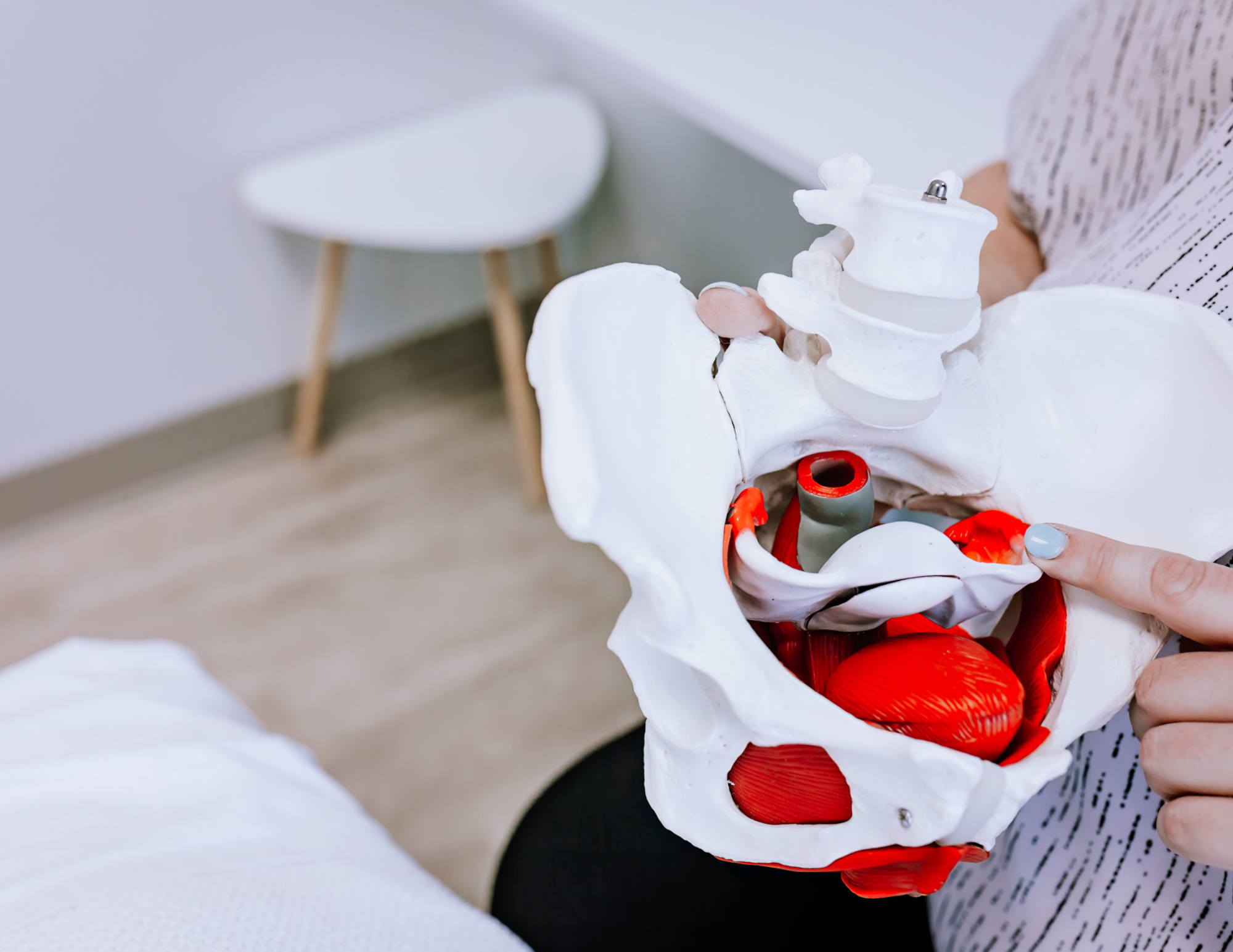.png)
Recovering from a C-section can be a challenging process, both physically and emotionally. It's important to take care of yourself during this time and give yourself the time and space you need to heal. Here are some tips for a successful C-section recovery:
- Rest, Rest, Rest
After your C-section, you'll need plenty of rest. And while we know the well-known dreaded phrase “sleep when the baby sleeps” is not realistic or what you want to hear; we also know that you need to rest as much as possible to give your body the time and energy to recover. This means avoiding any strenuous activities and getting as much sleep as possible. (Remember: don’t lift anything heavier than your baby!) Don't be afraid to ask for help from family and friends during this time.
Our gentle sleep consultant is here if you feel you need help understanding your babies sleep pattern and finding ways to optimize your sleep schedule.
- Stay Hydrated and Eat a Balanced Diet
Nutrient needs are actually higher following a birth than they are during pregnancy. Women often experience more hunger postpartum because it’s the body's innate way of seeking the nutrients and calories that it needs to heal tissues following delivery, deal with the physical stressors of interrupted sleep, and in many cases produce breast milk. To help you remember to stay hydrated and nourished, we suggest creating a snack station either near your bed or in the living room.
If you feel like you want to know more about postpartum nutrition or would like guidance that will take your situation, eating habits, food restrictions and cultural preferences into account, you can meet with our holistic nutritionist. You can also read more about postpartum nutrition here.
- Care For Your Incision
Your incision will need to be kept clean and dry to prevent infection. Your doctor will give you specific instructions on how to care for your incision, including how to change dressings and when to take a shower or bath.
After 6-8 weeks you can also start c-section scar recovery such as caesarean section scar release therapy and acupuncture to help your incision heal.
- Get Moving
While it's important to rest, it's also important to get up and move around. Start with short walks and gradually increase your activity level as you feel able. This can help prevent blood clots, constipation, and improve your overall recovery.
After the first 6-8 weeks, and when you are given the all-clear by your doctor, you can start moderately exercising. We recommend you take classes geared towards postpartum recovery as these will help you strengthen your core muscles and prevent future injuries.
- Experiment With Breastfeeding Holds and Pumping
If breastfeeding is your goal, be gentle on yourself as you and baby need to learn this together. Breastfeeding can commence soon after a caesarean delivery, but some women may experience pain when holding their baby across their belly. To alleviate any discomfort, you can place a pillow over your incision or explore breastfeeding positions that avoid exerting pressure on your stomach, such as the football hold or side-lying hold. Not all breastfeeding journeys start problem free. If latching and feeding your baby at the breast is a work in progress, you can use a breast pump to express the milk and bottle feed the baby.
If you are looking for extra support and guidance for your feeding journey, our Lactation Consultant's offer in home consultations and follow up visits.
- Expect Vaginal Bleeding, Contractions, And Sore And Leaking Breasts
Even if you did not have a vaginal delivery, it's important to note that you may still experience about four weeks of vaginal bleeding known as lochia, as your uterus goes through the healing process. This discharge should gradually change in color from bright red to pink or brown, and eventually to yellow or white. It's recommended to use sanitary pads and consult with your doctor if the bleeding is heavy, has a strange odor, or lasts for more than a month.
Moreover, you may also encounter contractions (afterpains) during the first few days after giving birth as your uterus shrinks, although it may take several weeks to return to its normal size. In case of discomfort, it's advised to take over-the-counter pain medication. We recommend meeting with our Pelvic Floor Physiotherapist once you are 6-8 weeks postpartum as they can evaluate and help you find the right exercises and movements to strengthen your lower back, pelvis and abdomen.
Once your milk comes in, which usually happens within 3-5 days after delivery, your breasts may feel swollen and tender. To ease the pain, you can breastfeed or wear a supportive bra if you're bottle-feeding, take hot showers, or apply ice packs or warm compresses on your breasts. You can read more about painful nipples while breastfeeding here.
- Take Care of Your Mental Health
The recovery process after a C-section can be challenging, both physically and emotionally. Be sure to talk to your doctor or a mental health counsellor if you're experiencing any feelings of depression or anxiety. As important as it is to take care of your physical well being, it's just as important to take care of your mental health.
Remember, every woman's recovery from a C-section is different. It's important to listen to your body and give yourself time to heal. If you have any concerns or questions, be sure to talk to your doctor, midwife, or reach out to a specialist. You can also book a consult with our New Parent Coaches who will listen to your concerns and help you find the support you need during all stages of your parenting journey. With time, patience, and self-care, you can successfully recover from your C-section.

.png)

